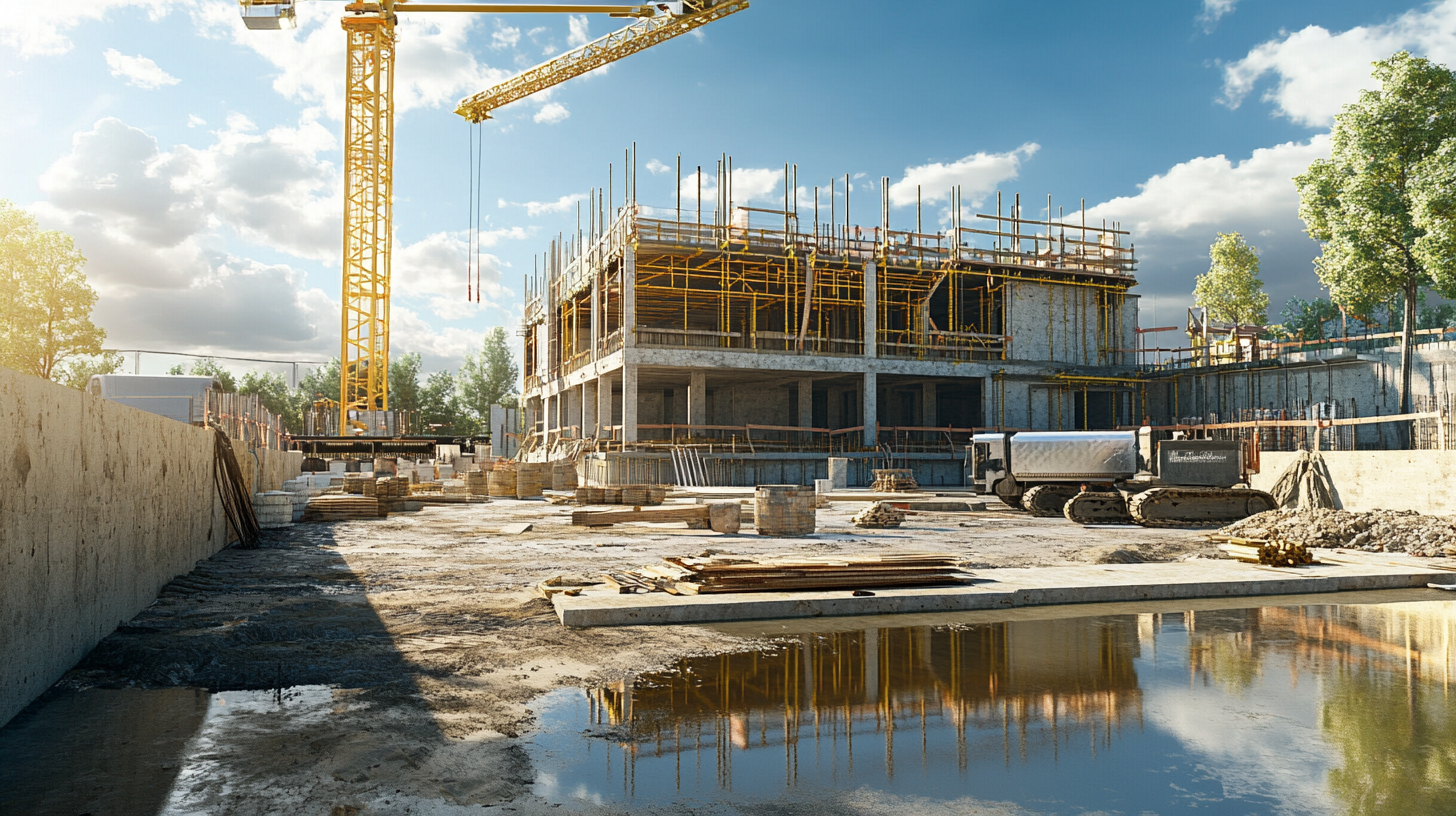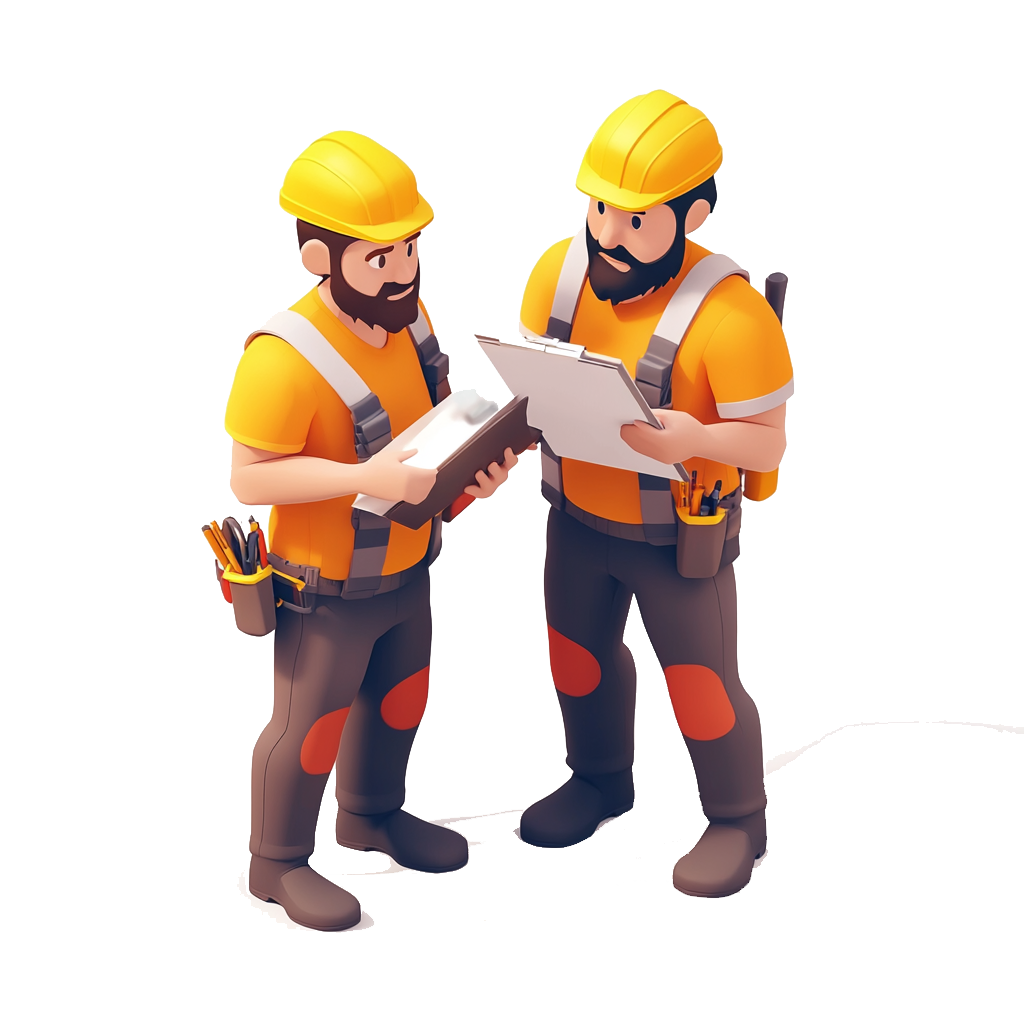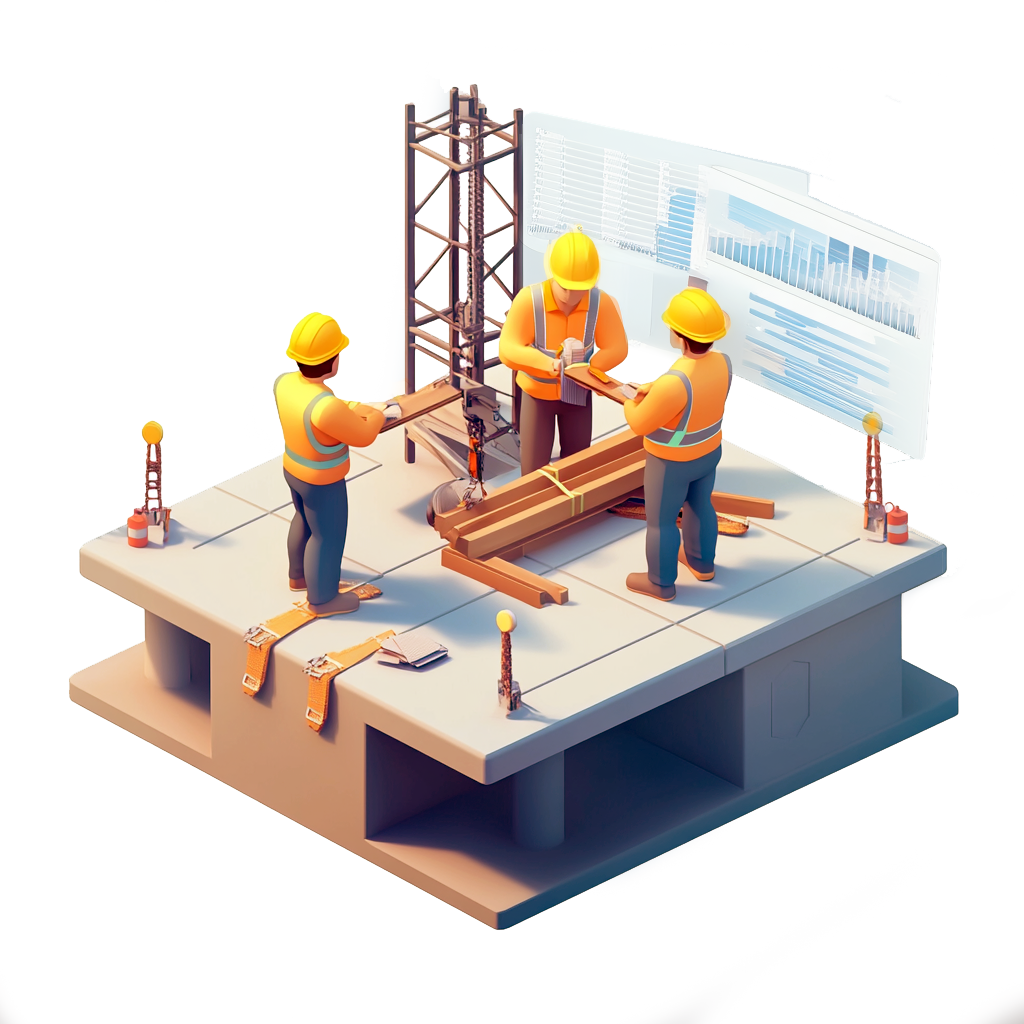Construction
The Innovative Way to Manage Construction Projects with RTLS
Construction is a constantly ongoing operation that, in addition to generating employment, acts as a foundation for industrialization.
The importance of establishing modern and advanced architectural craftsmanship has become widely acknowledged worldwide.
RTLS in construction entails the utilization of integrated and automated appliances alongside advanced computer programs to optimize effectiveness.

How is RTLS in Construction Applied?
Tagging Construction Materials
Tagging is essential to keep track of construction materials to safeguard them from theft or mismanagement. In large building projects, tagging makes it easier to locate and monitor each component instead of posting workers to inspect each instance.
Condition Monitoring of Workers
After working for long hours, a worker may get tired and lose focus, leading to costly or even fatal accidents. Construction wearables can help prevent this by tracking workers’ positions and physiological conditions, alerting supervisors to any alarming states.

Access Management
There is a constant flow of people in and out of the construction site, so it is important to keep track of who is in and when, especially in such a dangerous place. Intelligent check-in management saves manpower and improving accuracy.

Supply Management for Materials
In construction, impeccable supply operation of building material is crucial for meeting project timelines and objectives. This is often hindered by poor administration and inaccurate planning. By using RTLS, the supply process can be fully automated, allowing for automatic orders, inventory tracking, and timely delivery.
Benefits of RTLS in construction include
Cost Savings
Locating tags construction administrators monitor everyday expenditure and track asset usage. This facilitates the convenient and prompt distribution of assets.
Safety Improvement
Wearables and other tags could monitor employees' health conditions and their work environment. This keeps them safe by identifying risky situations (geofencing) and giving prompt warnings about hazardous substances.
Project Management
RTLS in construction helps inform employees, ensuring they can access information independently without needing to ask supervisors. This promotes an uninterrupted and coordinated work environment for all employees.
Productivity Improvement
RTLS in construction facilitates proper coordination of workers and equipment, ensuring that all participants are in the right place at the right time. Operations are based on real-time location, leaving less room for errors and boosting productivity.
In the past, the construction company, has been reluctant to embrace emerging innovations, missing out on the huge advantages that artificial intelligence, IoT, and other technologies present.
However, construction industries are now recognizing the necessity and opportunities of digitization. Research by Klynveld-Peat-Marwick-Goerdeler indicates that 95% of building companies acknowledge the potential of developing technologies such as IoT and believe they can boost their productivity.
Ready to lay the foundation for smarter construction? Connect with our experts now and start building a brighter future today!
